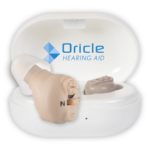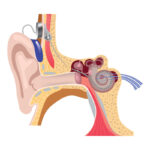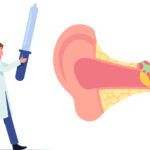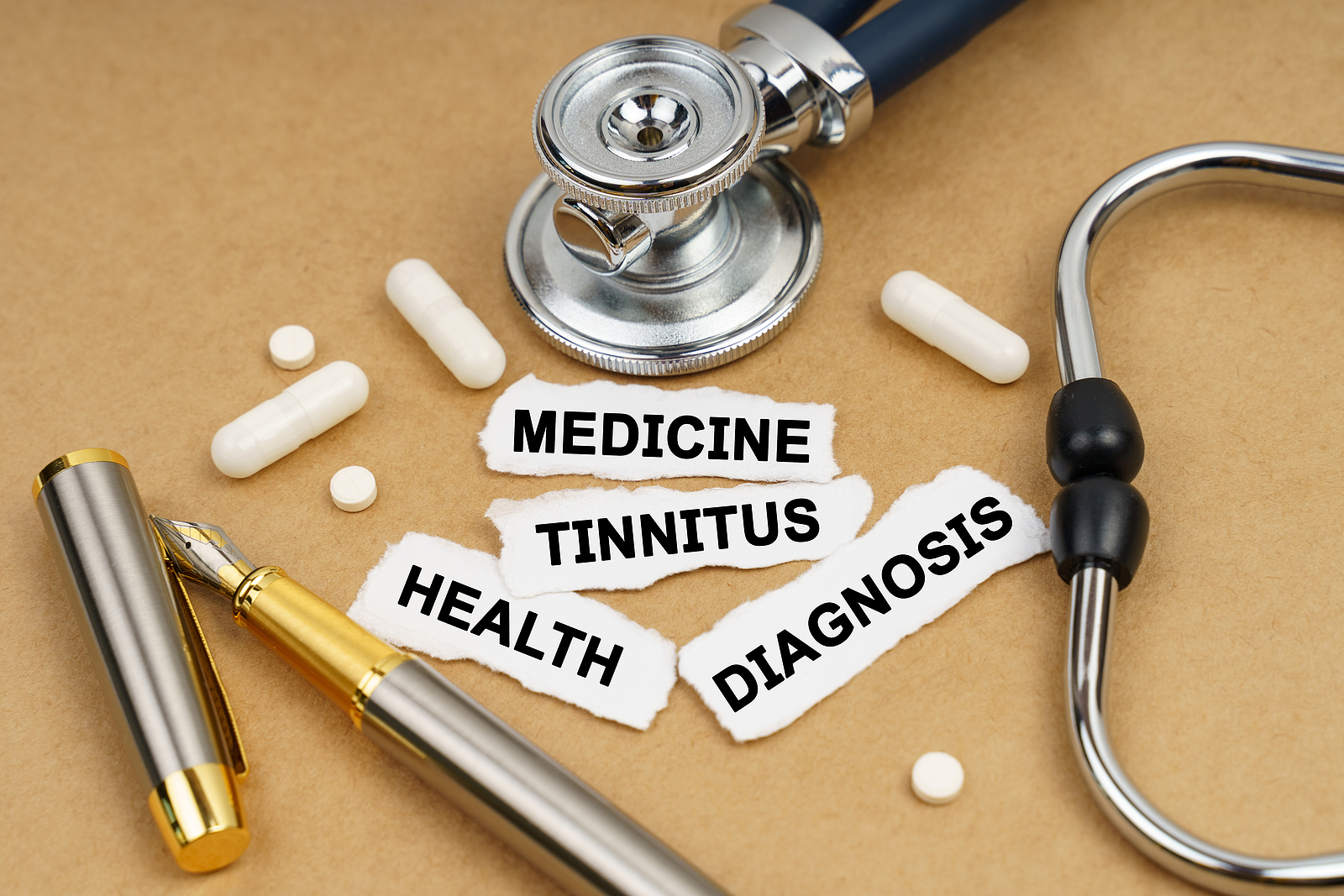At Last, a Solution for Tinnitus: Is It the Real Deal?
If you've tried all the traditional treatments and are still not cured of your tinnitus, then it might be time to consider TMS, Electrical stimulation of the tongue, and Medications. These treatments all have their advantages and disadvantages, so you should speak with a physician before trying any of them. You may also find some useful information in this article. But before you start applying any treatment or medication, read the following disclaimer:
TMS
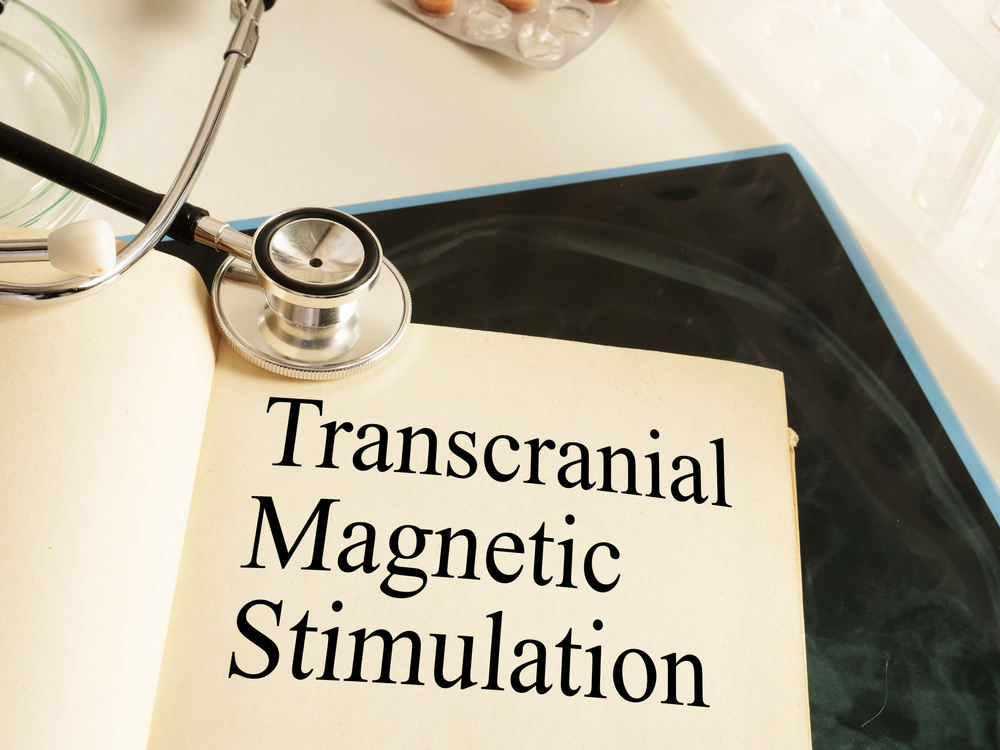
A new treatment for tinnitus, known as transcranial magnetic stimulation, may soon become the tinnitus cure. This groundbreaking therapy is being tested on a wide range of patients, including people with tinnitus. It is considered one of the world's largest clinical trials, with half being veterans and half non-veterans. This new treatment has several benefits, including the ability to improve the patient's quality of life and the ability to resume normal activities.
TMS is a noninvasive procedure that works by stimulating specific cortical structures through an electrical current. This electrical current affects neuronal activity in these targeted areas, as well as other areas of the brain. It is unknown how TMS will affect other areas of the brain, but it is suspected to have a positive effect on the symptoms of tinnitus. The procedure is available in clinics and hospitals and maybe the tinnitus cure of the future.
This trial used a placebo-controlled design. Patients were recruited based on their TFI scores at the start of the study, but there is no predefined cutoff score. The more severe the tinnitus before the study, the more room for improvement. The improvement after the intervention determines whether the treatment was clinically significant. This study was conducted at the Portland Veterans Affairs Medical Center.
TMS has a significant effect on the behavioural symptoms of tinnitus. LI-rTMS is capable of reducing the level of BDNF, which is the brain's chemical that helps regulate the auditory system. Researchers are hoping this technique will be the tinnitus cure of the future. But this research has its challenges. Further research is needed to confirm the results of LI-rTMS in humans.
Hearing aids
Tinnitus condition is a debilitating condition for sufferers of hearing loss. It is a symptom of underlying medical conditions, including hearing loss, Meniere's disease, high blood pressure, and medications. Despite the growing prevalence of this condition, no single cause can be identified. In fact, research suggests that tinnitus is caused by a central gain in neural activity – a symptom of a debilitating medical condition. This gain inactivity occurs when damaged hair cells or nerves in the ear do not provide adequate neural stimulation to the brain. If a person experiences tinnitus, the brain increases activity to compensate for the missing input.
Hearing aids can be programmed to provide masking sounds for tinnitus sufferers, ranging from white noise to a wide spectrum of other sounds. These specialized programs can also be customized to provide an audible variety of sounds that can mask tinnitus, which makes them a viable option for those suffering from tinnitus.
Another method of treating tinnitus is retraining the brain to ignore the tinnitus sounds by providing distractions in the form of white noise. Tinnitus retraining therapy uses directive counseling to teach sufferers how to tune out the ringing in their ears. Moreover, a hearing aid will help an individual to relax, which will reduce tinnitus symptoms.
The success of hearing aids in treating tinnitus is encouraging, but a lot of people who experience hearing loss do not seek treatment. It is estimated that 15% of U.S. citizens suffer from the condition. However, despite its widespread prevalence, many people do not seek medical treatment. A fifth of tinnitus sufferers claims that there are no available solutions.
Electrical stimulation of the tongue
Electrical stimulation of the tongue may be a possible cure for tinnitus, according to a recent study by researchers at the University of Minnesota. The study involved 326 adult tinnitus patients who wore a plastic paddle that had tiny electrodes on it. These electrodes delivered a small electrical current to the brain. The study results showed that the device effectively reduced the level of noise and helped subjects reduce the intensity of tinnitus.
The device was designed to be used at home by patients with tinnitus. The device, called Lenore, delivers a series of audio tones and electrical stimulation pulses to 32 electrodes in the tip of the tongue. Participants are trained to use the handheld controller and device settings to produce the desired effect. The device is calibrated for each patient's specific hearing profile and sensitivity level for tongue stimulation.
Neuromod, a company that has developed an FDA-approved medical device, recently published results from a clinical trial involving its tinnitus-cure system. The Neuromod device is a non-invasive device that delivers electrical stimulation to the tongue and sounds to the ears. The results showed that the effect lasted for up to 12 months. The study included 326 chronic tinnitus patients divided into three groups. Each group was instructed to use the device for 36 hours a week in 60-minute sessions over 12 weeks.
Langguth's treatment method involves electrical stimulation of the tongue, which sends signals to the overactive neurons in the ear that signal them to “settle down”. The therapy was applied for one hour a day for 12 weeks, and the results were significant: 86 percent of patients had their symptoms completely disappear, and their average tinnitus severity score dropped by 14 points.
Medications

There have been a lot of developments in the last couple of years. While there are a few drugs on the market that are reliable in suppressing tinnitus symptoms in the majority of patients, there is still no FDA-approved cure for tinnitus. This lack of effective drugs is partially due to the heterogeneity of the population suffering from tinnitus and the fact that the majority of patients have other underlying medical conditions. Luckily, however, newer drugs that were previously developed for treating other medical conditions are now being evaluated for the treatment of tinnitus.
Although no single drug has been shown to be effective in curing tinnitus, pharmacological options are available that may help alleviate the symptoms of the disorder. Anti-anxiety and anti-depressants may help reduce tinnitus symptoms. Steroid injections into the middle ear may also help reduce the symptoms of tinnitus.
The use of dietary supplements has been linked to increased tinnitus symptoms. While dietary supplements can help, they have not been evaluated by the Food and Drug Administration and are not scientifically proven to help with tinnitus. Before trying these medications, however, it is crucial to see a physician. They will examine your general health, ask you about your medications, and ask about your lifestyle. Be sure to mention any loud noises you may have had in the past and any other injuries or illnesses that may have caused the tinnitus.
Another promising treatment for tinnitus is using sound-based therapies. These therapies can help distract the listener from the noises that are causing tinnitus. As the most common cause of tinnitus is hearing loss, a hearing aid is one of the most effective ways to treat it. These devices help the brain process sound in new ways and allow people with tinnitus to manage it.
Cognitive behavioral therapy
The use of cognitive behavioral therapy (CBT) for tinnitus has been proven to reduce tinnitus-related stress, anxiety, and depression. Cognitive behavioral therapy involves an interactive, multifaceted approach to treating tinnitus. Among other things, cognitive therapy helps patients change negative thinking patterns, which may lead to more severe tinnitus symptoms. This therapy focuses on understanding cognitive distortions and identifying errors in judgment. The patient is also taught to develop a structured approach to recording problems, emotions, and thoughts. They are taught to challenge negative automatic thoughts and counter-statements to reframe them in a more positive way.
The aim of CBT is to help patients change their behavior by learning new ways to cope with tinnitus. During therapy, patients learn to manage their negative emotions and become more comfortable in social settings. As a result, they can gradually adapt to life with tinnitus. Using CBT can help people live a normal and fulfilling life, and eventually, they will become less aware of the ringing in their ears.
A new study found that people who underwent internet-based CBT saw improvement in their tinnitus-related distress and pitch. The results of this study were not statistically significant, but the treatment helped participants cope with the effects of tinnitus by changing their perception of the sounds. The results of this study are promising and should be replicated. Future studies should examine the biomarkers of successful CBT.
A small number of patients in the COVID-19 pandemic study did not experience tinnitus-related distress, with the primary outcome being a significant decrease in the severity of tinnitus. However, the study did not assess whether the effects of the intervention were sustained after two months. The study also found that the effects were maintained even after a year of treatment. This suggests that tinnitus treatment may be effective for some patients and may even lead to a cure.
conclusion
There are various treatments available for tinnitus, including TMS, electrical stimulation of the tongue, medications, hearing aids, cognitive behavioral therapy, and sound-based therapies. Each treatment has its advantages and disadvantages, and individuals should speak with a physician before trying any of them. While no single treatment has been proven to be a complete cure for tinnitus, many of these treatments have shown promising results in reducing tinnitus-related distress and improving patients' quality of life. Further research is needed to determine the most effective treatment for each individual case of tinnitus.
Sources
- “Tinnitus.” Mayo Clinic. Accessed April 30, 2023. https://www.mayoclinic.org/diseases-conditions/tinnitus/diagnosis-treatment/drc-20350162
- “Transcranial Magnetic Stimulation for Tinnitus (TMS).” University of Michigan Health. Accessed April 30, 2023. https://www.uofmhealth.org/conditions-treatments/brain-neurological-conditions/transcranial-magnetic-stimulation-tinnitus-tms


